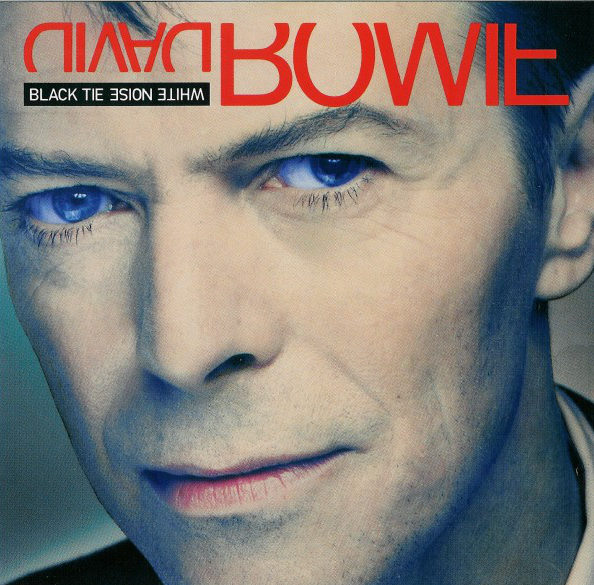Recorded from June through to September 1992 and released on 5 April 1993, David Bowie’s 18th solo album, Black Tie White Noise, was his first since the dissolution of Tin Machine. Drawing on new influences and featuring key collaborators from his past, it also represented the first steps of an artistic rebirth.
Listen to Black Tie White Noise here.
“It was like starting out all over”
Black Tie White Noise was written and recorded during a time of change in Bowie’s private life. He’d married the Somali-American supermodel Iman – born Zara Mohamed Abdulmajid – in Lausanne, Switzerland, on 24 April 1992, a year-and-a-half after meeting her. As Bowie told Arena in 1993: “It was like starting out all over. And I really wasn’t looking for another relationship. But then over dinner I met Iman.”
Their union had an immediate effect on Bowie’s writing – Black Tie White Noise had the working title of “The Wedding Album”, and was bookended by the instrumentals The Wedding (complete with bells and organ introduction) and The Wedding Song (with added lovestruck lyrics, “Don’t I feel like a saint alive/She’s not mine for eternity/Though I’ll never fly so high.”)




